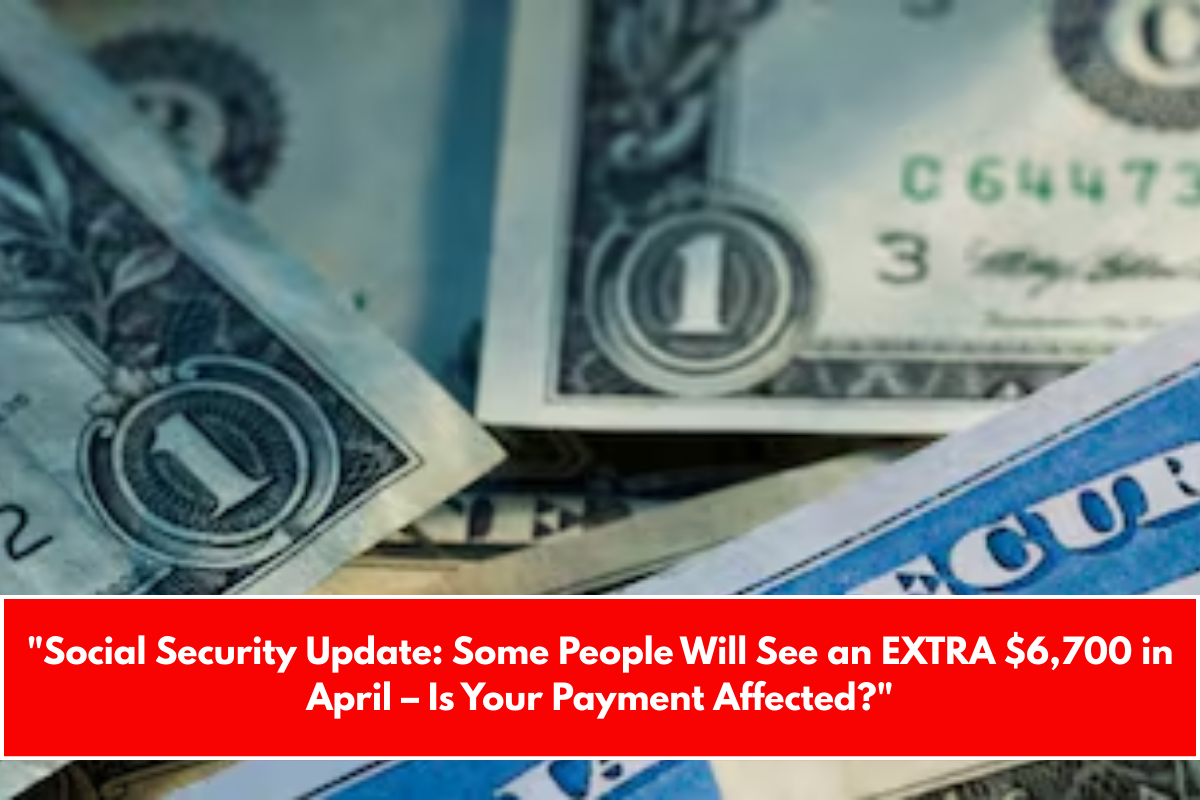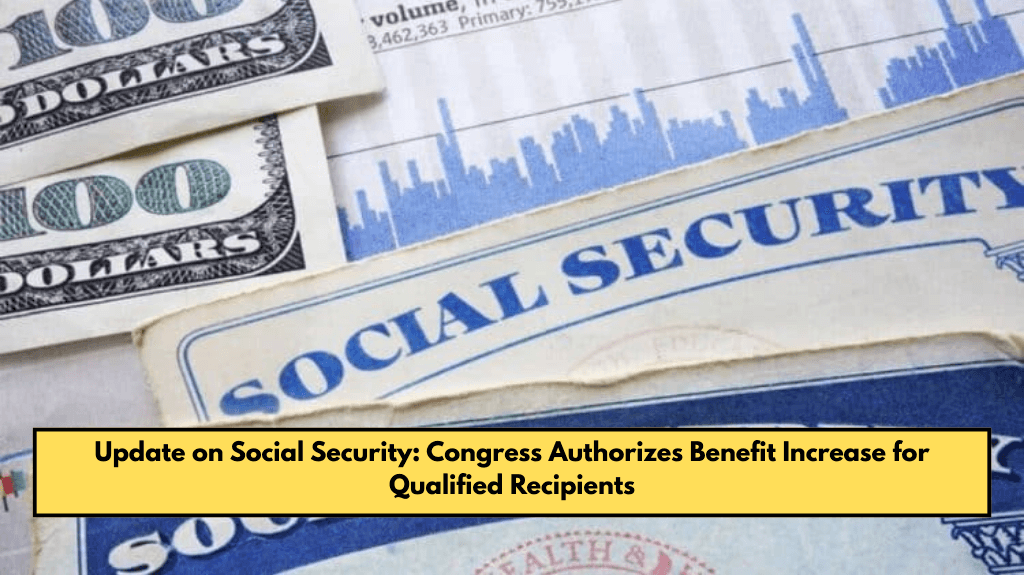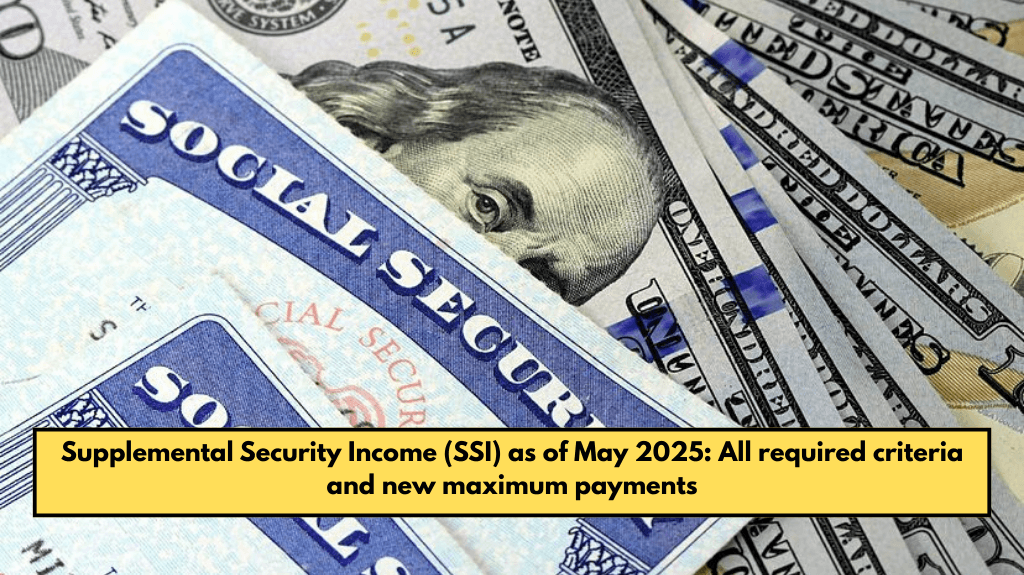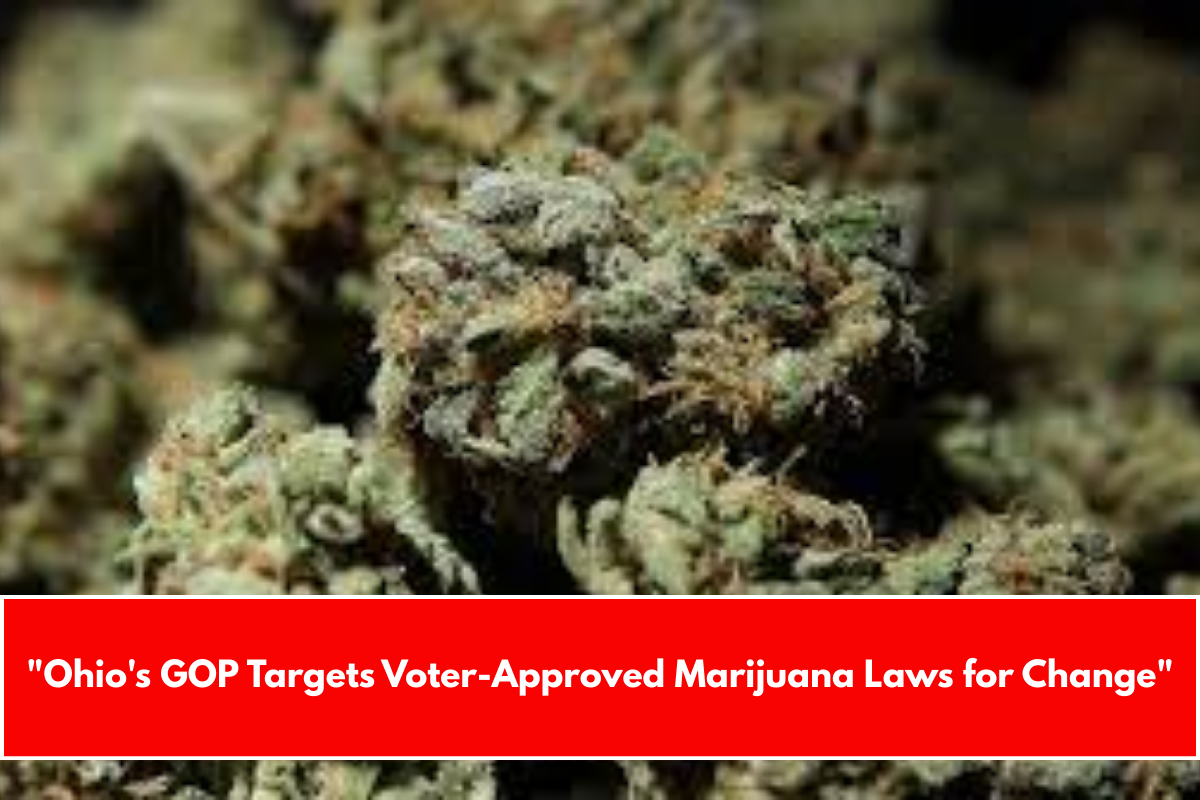Receiving Social Security payments does not imply that your benefits are guaranteed indefinitely. In fact, several conditions can cause your monthly checks to stop, either temporarily or permanently.
Whether you are currently receiving benefits or plan to apply, staying informed is critical to avoiding disruptions in 2025.
Here are ten common reasons why your Social Security benefits may be withheld or suspended, as well as what you can do to avoid it.
Income
If you receive Social Security retirement benefits before reaching full retirement age and decide to continue working, you must monitor your income. The Social Security Administration (SSA) establishes annual earning limits. If you exceed these limits, your benefits may be reduced or temporarily suspended.
For example, in 2025, if you are under full retirement age and earn more than the annual threshold, the Social Security Administration may deduct $1 for every $2 earned above the limit.
Location
Moving to or residing in certain countries may result in a complete suspension of your benefit payments. For example, the US government cannot send Social Security checks to Cubans or North Koreans.
If you relocate to one of these countries, your payments will be suspended until you return to a country where benefits can be issued.
Death
When a Social Security beneficiary dies, payments stop automatically. Surviving spouses, children, and other dependents may be eligible for survivor benefits. Family members should notify SSA as soon as possible to avoid overpayments and begin the survivor benefit process.
Ignored Requests
If you do not respond when the Social Security Administration requests updated information, your benefits may be suspended. This could occur during a routine eligibility review or when confirming changes in income, living situation, or citizenship status. Responding quickly helps to keep payments flowing.
Debts
If you owe the federal government money, your Social Security payments may be garnished. This includes unpaid taxes, defaulted student loans, and unpaid child support.
In some cases, the entire payment may not be withheld; however, a portion may be deducted until your debt is paid.
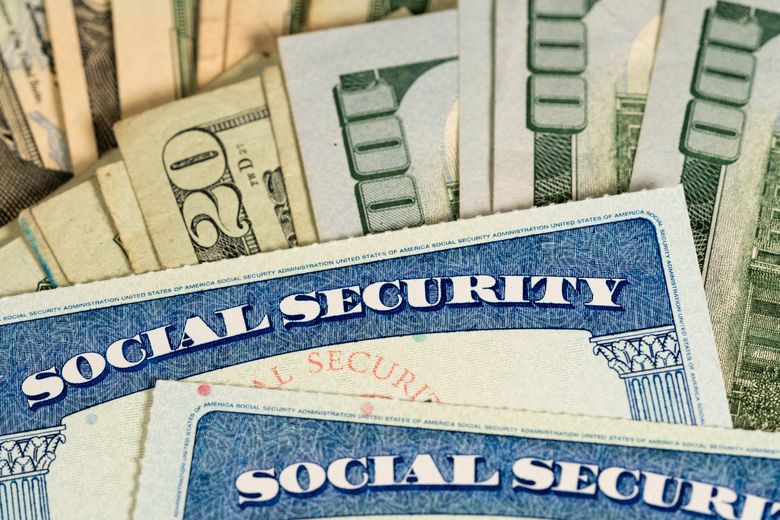
Incarceration
If you are incarcerated for more than 30 days in a row due to a criminal conviction, your Social Security payments will cease. You will not receive benefits while in prison, but they can be reinstated upon release if you are still eligible.
Fraud
Fraudulently claiming Social Security—whether through false documents, incorrect reporting, or other misrepresentation—can result in the termination of benefits, and you may be required to repay any amounts already received. The SSA conducts routine reviews to detect and prevent fraudulent claims.
Immigration
For non-citizen residents, losing legal status in the United States can have an impact on their Social Security eligibility. If your immigration status changes and you are no longer legally present in the country, your benefits may be suspended until your status is restored.
Contact Info
If you move or change banks and fail to update your contact or payment information with SSA, your benefit may be delayed or suspended. It may appear minor, but incorrect information can prevent successful deposits or mail delivery.
Work Credits
Even if you have already begun receiving benefits, the Social Security Administration (SSA) reviews your records on a regular basis. If they discover that your work history or contributions do not meet the minimum credit requirements, your benefits may be put on hold or cancelled. Always double-check your work record on your Social Security account.
Final Thoughts
Social Security is a lifeline for millions, but it has rules. Knowing these ten reasons will allow you to protect your benefits and avoid unpleasant surprises. If you are ever unsure about your eligibility, status, or payments, you should always contact the Social Security Administration directly.
Stay proactive, update your information, and respond quickly to any SSA communication. Your benefits depend on it.




